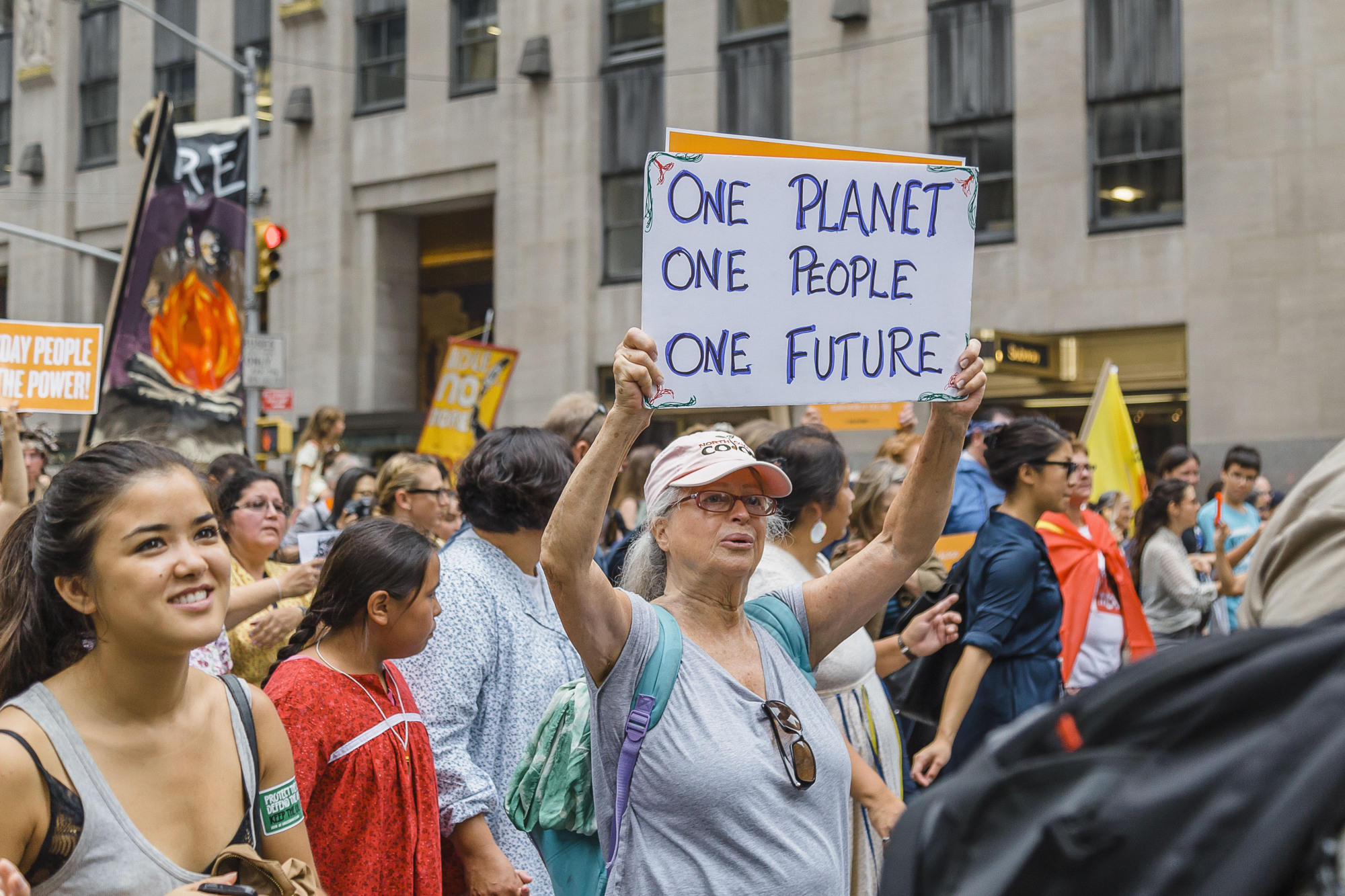When the Group of 20 met last month, Prime Minister Shinzo Abe put climate change and women's empowerment on the agenda. While the Osaka Leaders' Declaration recognized "gender equality and women's empowerment [as] essential for achieving sustainable and inclusive economic growth" and the urgent need to address "complex and pressing global issues and challenges, including climate change," it did not explicitly link these two policy imperatives.
Why is this important? Globally, these are two of the biggest challenges we face: building a sustainable future and ensuring gender equality, which drives economic growth and prosperity. Climate-induced drought, floods, extreme weather, and food and water insecurity disproportionately impact women due to socio-economic, political, and legal barriers and gender norms. The data is alarming: 80 percent of climate refugees are women. Women and children are 14 times more likely than men to die during a disaster. Women are more vulnerable to mosquito-borne disease when they collect water.
However, women are more than "victims" of climate change; women are key to developing solutions. Many national climate action and disaster preparedness plans do not account for the different ways that men and women experience climate change, and do not actively ensure women's engagement. These are missed opportunities.

















With your current subscription plan you can comment on stories. However, before writing your first comment, please create a display name in the Profile section of your subscriber account page.